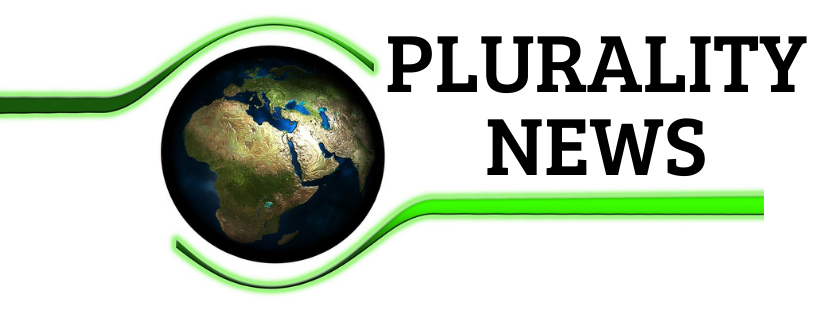If there's one thing scientists haven't agreed on yet, it's determining whether coffee is good or bad for your health. In fact, what they've already concluded is that it all depends on the amount, the metabolism of each person and the roasting of the coffee - whether or not it's of good origin, that really influences a lot.
But more than that, experts warn about the ideal dosage of consumption, after all, caffeine is a stimulant and also a blocker of some vitamins and minerals, so there is a healthy way to drink coffee.
The contradictions about the use of coffee happen because the drink, in a way, is good and at the same time can be harmful, all because of its composition. Coffee has more than 400 substances, including caffeine, which is the most studied, and it is what causes all this confusion.
Caffeine is the most used psychoactive drug in the world, that is, they are chemical substances that have the power to modify the functioning of the Central Nervous System.
Caffeine is a stimulant drink that alters some body functions. One of the main tasks of coffee is to make us alert, with that we are less tired, sleep disappears and we can feel with a little more energy, and all this because caffeine has connectors similar to adenosine: energy molecules that are accumulating in our brain throughout the day to show that we are getting tired. Our brain has special receptors for this molecule. As the day goes on, adenosine increases and connects to these receptors.
When we insert coffee, caffeine has almost the same shape as the adenosine molecule, so it manages to enter the brain receptor and block the tired action that adenosine would cause if it had been connected.
The problem with all this engineering is that adenosine continues to be produced even after drinking coffee, which means that it is now accumulated in the brain because it has failed to connect to the receptor. After the caffeine wears off, you'll feel even more tired and will need a fresh cup of coffee, snowballing.
Adenosine is only eliminated from the body when we rest, otherwise it will continue to reproduce there. So we created the tendency to eliminate exhaustion with more coffee, turning the drink into an addiction.
Some people are able to drink more coffee than others because the effect is different in each body. When we ingest coffee, our liver enzymes, which are responsible for metabolizing and eliminating the toxic substances that we throw into our body, will determine whether a person is likely to consume more or less coffee.
Facts about coffee
But there are some interesting facts about coffee that need to be said here, and one of them, for example, is about decaf coffee.
There is no coffee without caffeine, nor are decafs without caffeine, they only have a reduced amount of the substance, but for this to happen, coffee needs to go through a series of industrial procedures, which is why some doctors do not recommend the product.
Another detail is that experts say that coffee is also bad for the liver precisely because it is a metabolizing organ.
What's more, coffee also interacts with drugs: it interrupts the metabolism of drugs through enzymes, and if consumed with antidepressants, the effects may be the opposite of what was proposed, so people who take these types of drugs should stop with coffee consumption. Also, their excretion will be faster without giving the body time to absorb the medicine.
In some cases coffee can cause constipation or diarrhea, this is because the drink promotes the release of the hormone gastrin that helps with digestion, so when drinking coffee you may automatically feel like going to the bathroom.
And it's not over yet: black coffee can be bad for the stomach because it induces the production of hydrochloric acid and other acids that hurt the stomach lining and this can cause gastritis, erosion or ulcer.
What is the correct way to drink coffee?
Coffee after lunch is a mistake, especially if you have anemia and osteoporosis: the drink interferes with the absorption of minerals such as magnesium, calcium, iron and B vitamins. The ideal is to drink coffee on an empty stomach and eat something an hour later. or drink coffee 1 or 2 hours after meals.
The medical recommendation is that a healthy adult weighing around 70 kg consumes 300 to 400 milligrams of caffeine (the equivalent of 4 cups of brewed coffee), and we're not talking about espresso here. Remembering that it's 400 milligrams and not grams.
Nowadays it is common for people who do physical activity to use caffeine - which is thermogenic - to increase the basal metabolic rate and help with sports performance, but a miscalculation and that can end badly. That's what happened to a British personal trainer who died in January after drinking the equivalent of two hundred cups of coffee. Instead of weighing in milligrams he put in the equivalent amount in grams and ended up overdosed.
But coffee is an antioxidant! Yes, it is, but you have to be careful with this information, this benefit is found much more in green coffee, that is, one that has not yet been ground. This benefit is lost as the coffee is processed. The so-called chlorogenic acid, found in green coffee, prevents cholesterol, lowers glucose and helps with blood pressure.
And why do we get a headache when trying to stop drinking coffee?
Because the effects of caffeine have the power to make blood vessels constrict and when we stop drinking, they start to swell and cause pain, which is why caffeine is used in some migraine medications.










0 Comments